| Are Nitrile Gloves Food Safe?1 Comment10 January 2023 | Alex When you are choosing gloves for handling food, it is important not only to ensure that the food is protected against contact with your hands, but also that it is protected against any materials leaching from the gloves. As one of the most popular types of disposable gloves, many people question whether or not nitrile gloves are safe to be used with food. The answer to this is a resounding yes; not only are nitrile gloves safe to use with food, but they are also one of the best choices for food handling. Which Nitrile Gloves Are Best for Food Use?Nitrile as a material is safe for contact with food, however for total peace of mind we recommend looking for gloves that have been tested to the European standard EN 1186. This is the standard that highlights whether or not a glove is Food Safe, and they can be identified by this symbol:
We've listed a view of our best selling EN 1186 Food Safe Nitrile Gloves below. You can learn more about each of these gloves by clicking on them, or by reading our complete guide to the Best Food Safe Nitrile Gloves.
Why Should I Use Gloves When Handling Food?While washing your hands can provide protection against the contamination of food, disposable gloves used in combination with rigorous cleanliness adds an extra level of safety. Nitrile gloves are especially useful if you are switching between handling money and handling food – once your hand has touched money, you have put yourself at risk of then contaminating food. With disposable gloves, you can simply change to a new glove to prevent any contamination.
Can I Use Nitrile Gloves When Preparing Food?Many chefs and cooks may prefer to cook without gloves, but using disposable nitrile gloves can actually increase the cleanliness of your kitchen. If you currently use a cut resistant glove for knife handling, using a nitrile glove over your cut resistant glove can reduce the need to replace or clean your reusable gloves without compromising protection. Can I Use Nitrile Gloves for Home Cooking?When you are cooking at home, there is obviously a smaller risk associated with food preparation compared to professional environs. This doesn't mean, however, that nitrile gloves can't come in handy when cooking around the home. For example, if you have ever suffered the agony of accidentally rubbing your eye after handling a chilli pepper, you can appreciate the benefit of wearing gloves when dealing with spicy foodstuffs. Similarly, if you are preparing a meal and touching raw meat before vegetables, wearing gloves can prevent the need for re-washing your hands every couple of minutes. Are Nitrile Gloves Good for Sensitive Skin?While there is a tiny minority of people who have a nitrile allergy, nitrile is a material with far less risk of an allergic reaction when compared to other materials (most notably, latex). This makes them a great choice for companies looking to equip a large workforce, or for people that have sensitive skin. Nitrile Gloves: Our Number One Recommended Material for FoodWhether you are plating elaborate dishes in a fancy French restaurant or selling burgers in a van outside a football stadium on a Saturday afternoon, food hygiene is always a big concern. Nitrile gloves strike the perfect balance between economy, ease and efficacy, safe-guarding you from germs and bacteria so that you can keep your focus on the food. Do you use nitrile gloves for food preparation? Let us know how you find them in the comments below or via Facebook or Twitter! |


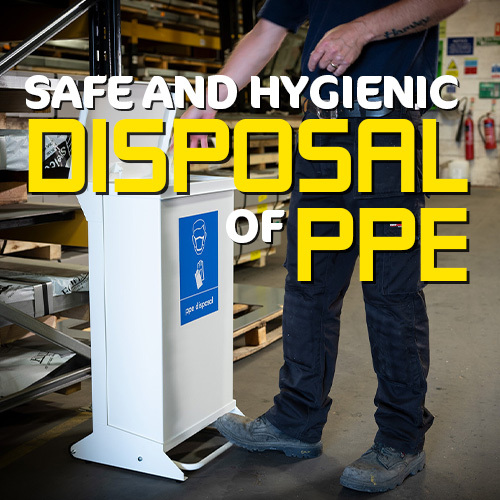






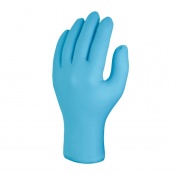

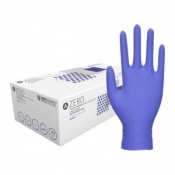
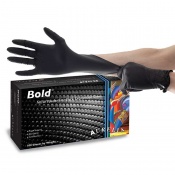
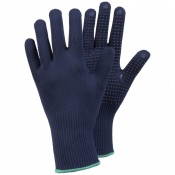
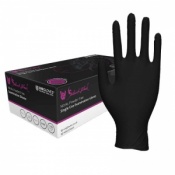
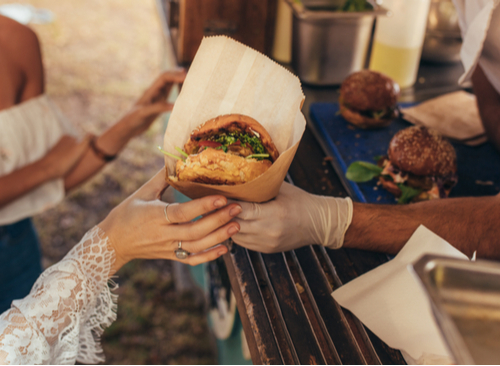

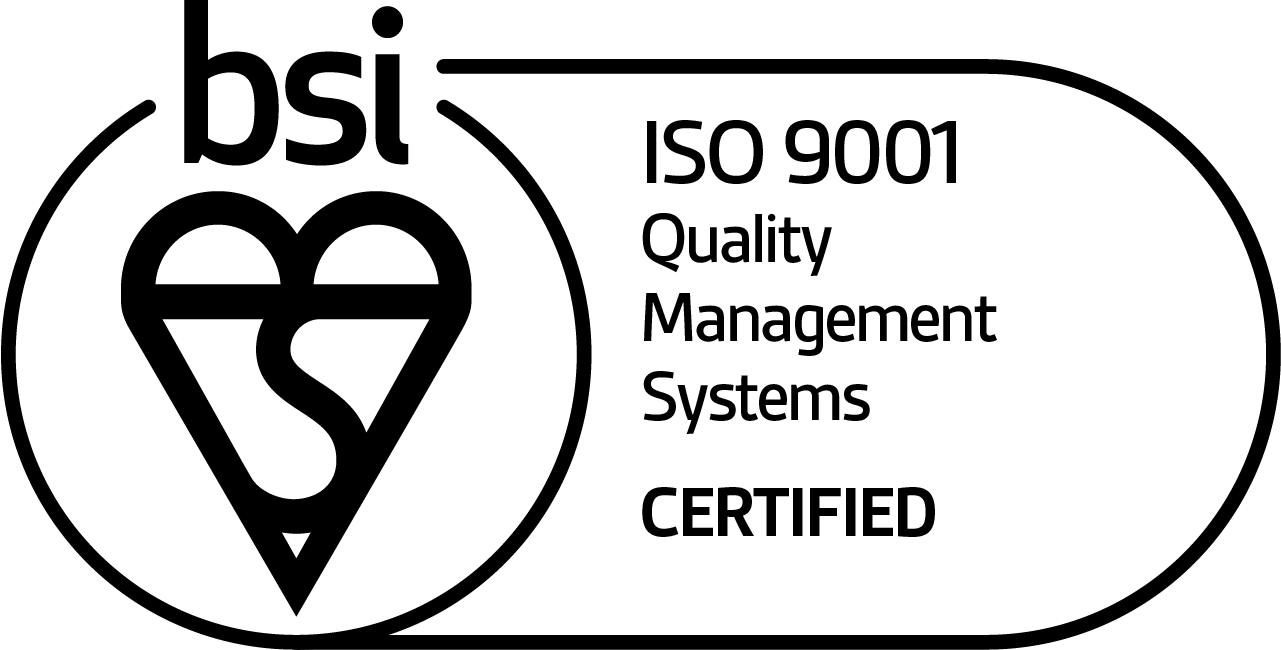

Hi,
Thank you for this information regarding food safe disposable gloves. I have ordered comprehensive tests for our nitrile disposable gloves and some is failing the EU-regulation for food contact. EN1186 is for plastic gloves. Nitrile gloves have to be tested also according to 1935/2004 for specific migration. The limit for Acrylonnitrile is only 0.01 mg/kg and very few nitrile gloves manage this limit. When we did our specific migration tests, the nitrile gloves failed in contact with 10 % ethanol in less than 2 minuttes contact. We did not go further because the nitrile producer could not change the nitrile formula. We know that some nitrile is passing the test, but it is very expensive to do all the testing and then fail. This means that the tests for nitrile gloves we made should be restricted in contact with acid foods to very short contact each time you handle acid foods.
Looking forward to have your comments about this. Best Tom